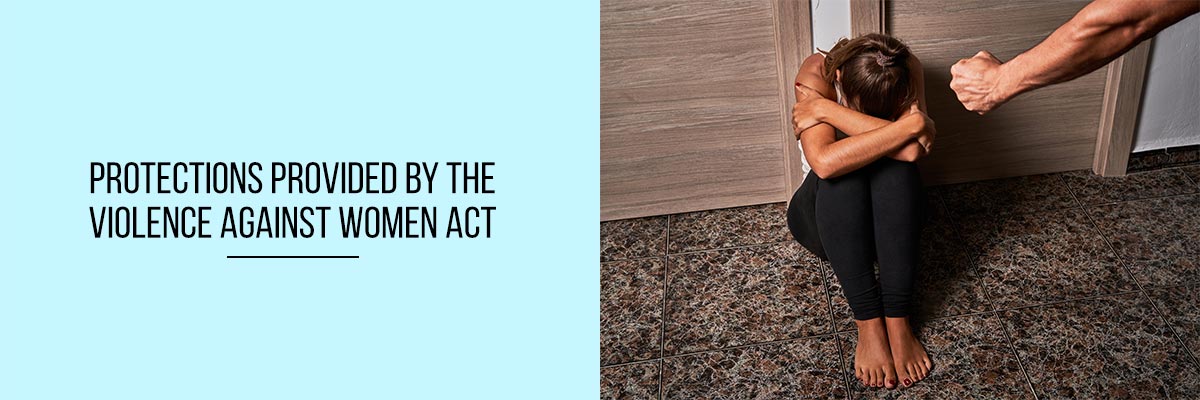Under the Violence Against Women Act (VAWA), abuse of any kind is considered domestic violence. Abuse may be physical, sexual, psychological, or emotional. It can occur in an intimate relationship or in an extended family or household. It doesn’t matter how the abuse began; what matters is that it continues and that it is a pattern of abuse.
What is the Violence Against Women Act (VAWA)?
Violence Against Women Act is designed to protect victims of domestic violence, dating violence, and stalking. This legislation is applicable to both public housing and Section 8 housing programs. VAWA defines domestic violence as “[a]ny act or attempted act of violence or threat of violence, including but not limited to any bodily injury, sexual assault, or battery, committed by a person against their current or former spouse, parent, or guardian, another family member.
The Violence Against Women Act (VAWA) is one of the most commonly used anti-discrimination laws in the United States. The Act protects women and their children from domestic violence, dating violence, and stalking. When the Act was first signed into law in 1994, Congress was responding to overwhelming public concern about domestic violence, dating violence, and stalking. The Act’s purpose was to increase awareness about these crimes, to provide for the safety of victims, their children, and the communities in which they live, and to ensure that victims have access to services that can assist them in their recovery.
VAWA is a law designed to help victims of domestic violence and sexual assault. It gives federal money to victims of domestic violence, shelters, and women’s health clinics to help them get back on their feet. VAWA also gives victims of sexual assault the ability to file a civil lawsuit for their attacker’s actions against them. In addition, it protects victims of domestic violence from being evicted from their homes, denied them the right to live in a crowded, unsanitary shelter, and denied them the right to a safety deposit box.
Under the VAWA law, the Department of Housing and Urban Development (HUD) is authorized to provide key housing protections to covered parties, including protection from “unlawful eviction” and “unlawful denial of housing” because of severe domestic violence, dating violence, sexual assault, or stalking.
VAWA does not;
- Protect women exterior of public housing, voucher, and section 8 project-based programs,
- Protect against injuries incurred by an abuser, and
- May not guard a woman who doesn’t provide the needed documentation of violence.
Final Words
VAWA was enacted in an effort to address the issue of gender-based violence and domestic violence against women and girls. The law has been amended by Congress and is currently in effect.
To know more about VAWA, attend the Compliance Prime webinar.


